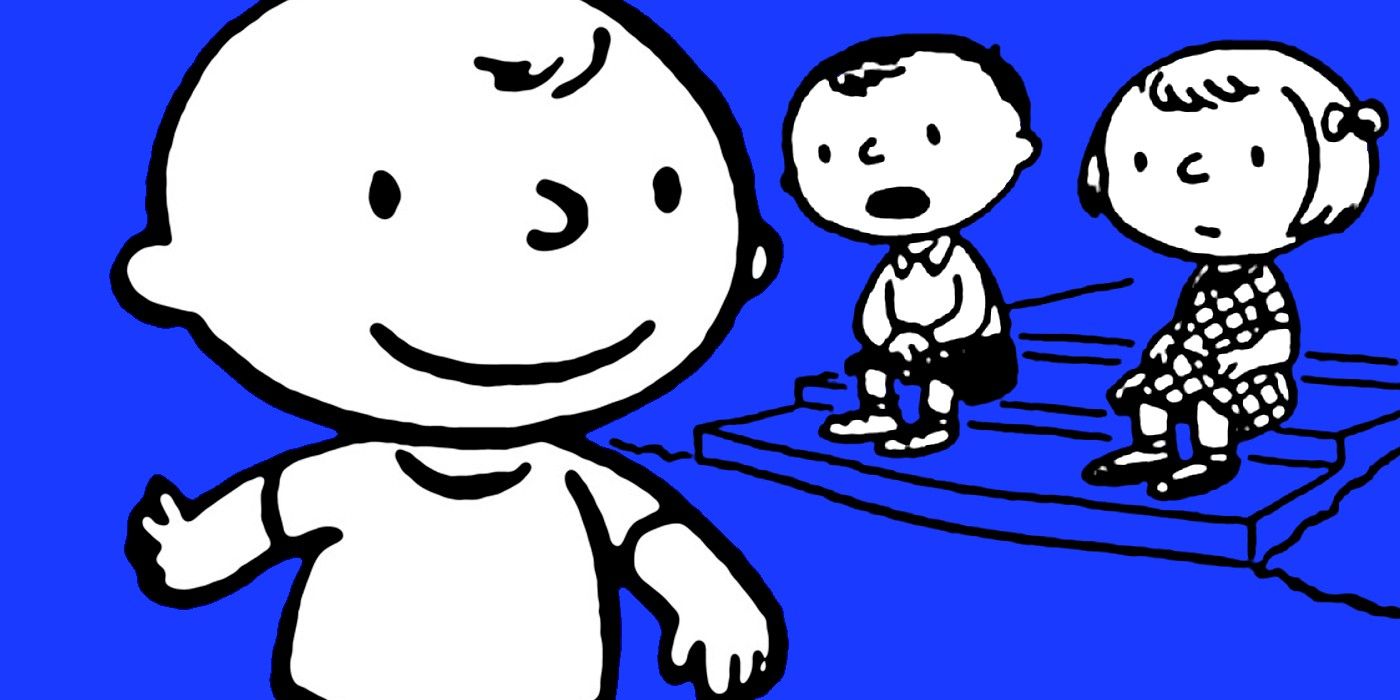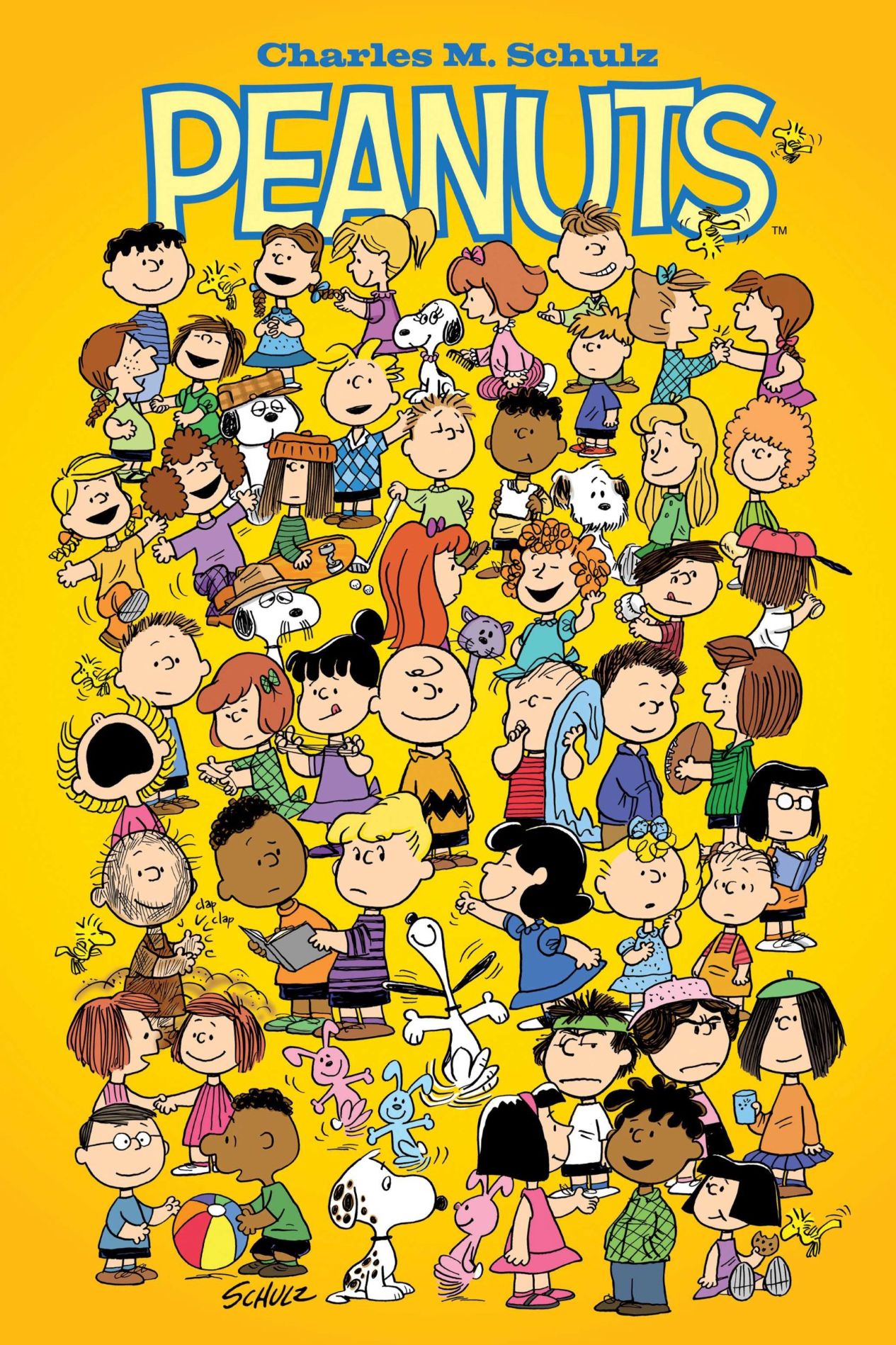Peanuts Creator Charles Schulz HATED This Award-Winning Comic Strip
Summary
-
Peanuts
creator Charles Schulz and
Doonesbury
writer/artist Garry Trudeau had opposing views on political humor, with Schulz famously being opposed to Trudeau’s approach. - Schulz aimed for “timeless” childhood themes in
Peanuts
, while Trudeau focused on chronicling contemporary adult life in
Doonesbury
. - Despite their differences, both Peanuts and Doonesbury had lasting impacts on readers and the comic industry, precisely because of the different reading experiences they offered to audiences.
Peanuts creator Charles Schulz was notoriously not a fan of overtly politicized humor, leading him to develop a profound distaste for his strip’s contemporary, Garry Trudeau’s Doonesbury. Trudeau’s strip was – in more ways than one – the polar opposite of Peanuts. Though the two maintained a cordial professional relationship, Schulz was deeply averse to the content of Doonesbury, exposing a sharp divide in the two influential artists’ careers.
According to scholar Blake Scott Ball, Charles Schulz sought to capture the “timeless” and “eternal” qualities of childhood, while Doonesbury was deliberately of-the-moment, with Garry Trudeau crafting his strip as a conscious response to the time and place of its creation.
Both approaches produced iconic works that spanned decades; Peanuts ran continuously for fifty years until Schulz’ death, while Doonesbury continues to be published to this day, more than half a century after its debut in newspapers. Exploring the difference in Schulz and Trudeau’s approaches offers a fascinating insight into how both creators’ comics resonated with audiences.

Related
The Very First PEANUTS Comic Set The Saddest Part of Charlie Brown’s Character in Stone
Charlie Brown’s appearance in the very first Peanuts strip may have been an inauspicious start, but it heralded everything to come for the character.
Charles Schulz’ “Peanuts” Was Diametrically Opposed To Garry Trudeau’s “Doonesbury”
Schulz Disliked Political Humor
Doonsbury
and
Peanuts
exemplify two sides of an ongoing artistic debate, one that has anything but a clear-cut answer.
In his book Charlie Brown’s America: The Politicsof Peanuts, academic Blake Scott Ball effectively argues the case that Charles Schulz’ longrunning comic strip contained more of the author’s politics than most readers – and the author himself – acknowledged during Peanuts’ time in publication. As part of an essay adapted from the book published online, Ball raised the issue of Schulz’ opinion on the overtly political comic strip Doonesbury, writing:
In the fall of 1970, as Schulz celebrated the [twentieth] anniversary of
Peanuts
, a young artist named Gary Trudeau launched
Doonesbury
. A comic strip filled with unrepentant, cold sarcasm, it became the voice of a new, more openly political generation in the same way
Peanuts
once had spoken to the alienated and discontented — but genial – 1950s.Unsurprisingly, Schulz despised
Doonesbury
. Aside from seeming unprofessional and downright disrespectful, in the aging cartoonist’s estimation, Trudeau’s work rested on what Schulz believed was the cheapest and least durable form of humor: political commentary.
What makes this notable, in large part, is how it reflects on the respective success of Doonesbury and Peanuts.
According to Ball, Charles Schulz specifically disliked Doonesbury, but this was undergirded by a more abstract negative attitude toward political humor. Schulz opinion was not shared by critics in the 1970s, however; just five years into its publication, Doonesbury was awarded the Pulitzer Prive for Editorial Cartooning for its social critique. That said, fifty years later, Doonesbury is not fixed in the public consciousness to any degree resembling the enduring popularity of Peanuts. In other words, Doonesbury and Peanuts exemplify two sides of an ongoing artistic debate, one that has anything but a clear-cut answer.
For Charles Schulz, the political humor of Doonesbury was “low-hanging fruit,” so to speak, while his aims with the gentle, straightforward humor of Peanuts were much loftier. By contrast, Garry Trudeau’s work could be praised for its ambition, while Schulz’ work could dismissively be called “simple” – though readers who seek to refrain from being reductive will readily acknowledge that any ongoing artistic project that lasts fifty years is anything but. In any case, the distinctions between the two, and their positions on art and cultural relevance, are ripe for further exploration.
Charles Schulz And Garry Trudeau Were Artistic Polar Opposites
Doonesbury And Peanuts’ Ran Parallel For Decades
Despite their significant differences in perspectives on humor, it seems [Charles Schulz and Garry Trudeau] maintained at least a professional relationship.
Born in 1948, Garry Trudeau was just two years old when Peanuts entered publication. By the time Doonesbury began appearing in newspapers, Peanuts had been a staple of the comic section for two decades. For the remainder of the 20th century, they coexisted; in a sense, the two can be looked at as the two extreme poles of the comic strip continuum. While Charles Schulz may not have appreciated Doonesbury’s approach to humor, Trudeau was more positive about Peanuts’ influence on the medium.
Considering how wide-ranging and inclusive Doonesbury’s subject material was, it was inevitable that it would touch on the monolithic presence in the medium, Peanuts. On the occasions Trudeau referenced Peanuts, he did so gently, with a degree of reverence. Despite their significant differences in perspectives on humor, it seems the two maintained at least a professional relationship. A 1985 Washington Post article describes them working on a fundraiser together. Later, Trudeau wrote the Introduction for the Complete Peanuts volume covering 1987 to 1990.
It is also worth emphasizing that there was much more to Doonesbury than just the political aspect of its humor, which was just one dimension of a larger overall picturesque account of American reality. Garry Trudeau’s strip offered a large cast of characters, with a diverse set of opinions, navigating contemporary American adult life. Much of its day-to-day material, and much of its humor, was not expressly political – it was just that Trudeau considered politics inseparable from contemporary life, and therefore unavoidable in an honest, complete depiction of adulthood.
Charles Schulz Couldn’t Avoid Dating His Comic Completely
A Subtle Reflection Of Its Time
The debate about whether art should strive to be timeless, or if it should capture the moment of its creation, remains as urgent as ever. As it turns out,
Doonesbury
and
Peanuts
are two perfect proxies in that battle of artistic perspectives.
As author Blake Scott Ball noted in his essay, Charles Schulz could not avoid politics, culture, and the occasional dated reference entirely. As with any ongoing narrative, Peanuts evolved over the decades, reflecting the growth in American culture in subtle, yet crucial ways. It can be said that while Garry Trudeau’s Doonesbury shouted, Schulz’s Peanuts spoke softly, but that both authors unequivocally had something to say, something that readers gravitated toward. Modern readers may have different experiences returning to each comic, but both will give some impression of the era they were composed in.
In essence, the fundamental distinction between Doonesbury and Peanuts is this: Charles Schulz’ offered readers an escape into an eternal childhood, while Garry Trudeau gave them the opportunity to grapple with the realities of adulthood. Both served the vital artistic purpose of showing the audience that they are not alone, and giving them momentary relief from the stress and frustration of life. Each did this strikingly differently, but even considering Charles Schulz’ feelings about Doonesbury, both did so effectively.
Despite Charles Schulz’ distaste for political humor, Garry Trudeau’s success with Doonesbury served as proof there was an appetite for it; at the same time, the compounding generational appeal of Peanuts validated Schulz approach to his own work. Modern readers can still find humor in both, and the debate about whether art should strive to be timeless, or if it should capture the moment of its creation, remains as urgent as ever. As it turns out, Doonesbury and Peanuts are two perfect proxies in that battle of artistic perspectives.
Source:PublicSeminar.org (Blake Scott Bell essay); Washington Post (9/16/85)

Peanuts
Created by Charles M. Schulz, Peanuts is a multimedia franchise that began as a comic strip in the 1950s and eventually expanded to include films and a television series. Peanuts follows the daily adventures of the Peanuts gang, with Charlie Brown and his dog Snoopy at the center of them. Aside from the film released in 2015, the franchise also has several Holiday specials that air regularly on U.S. Television during their appropriate seasons.





